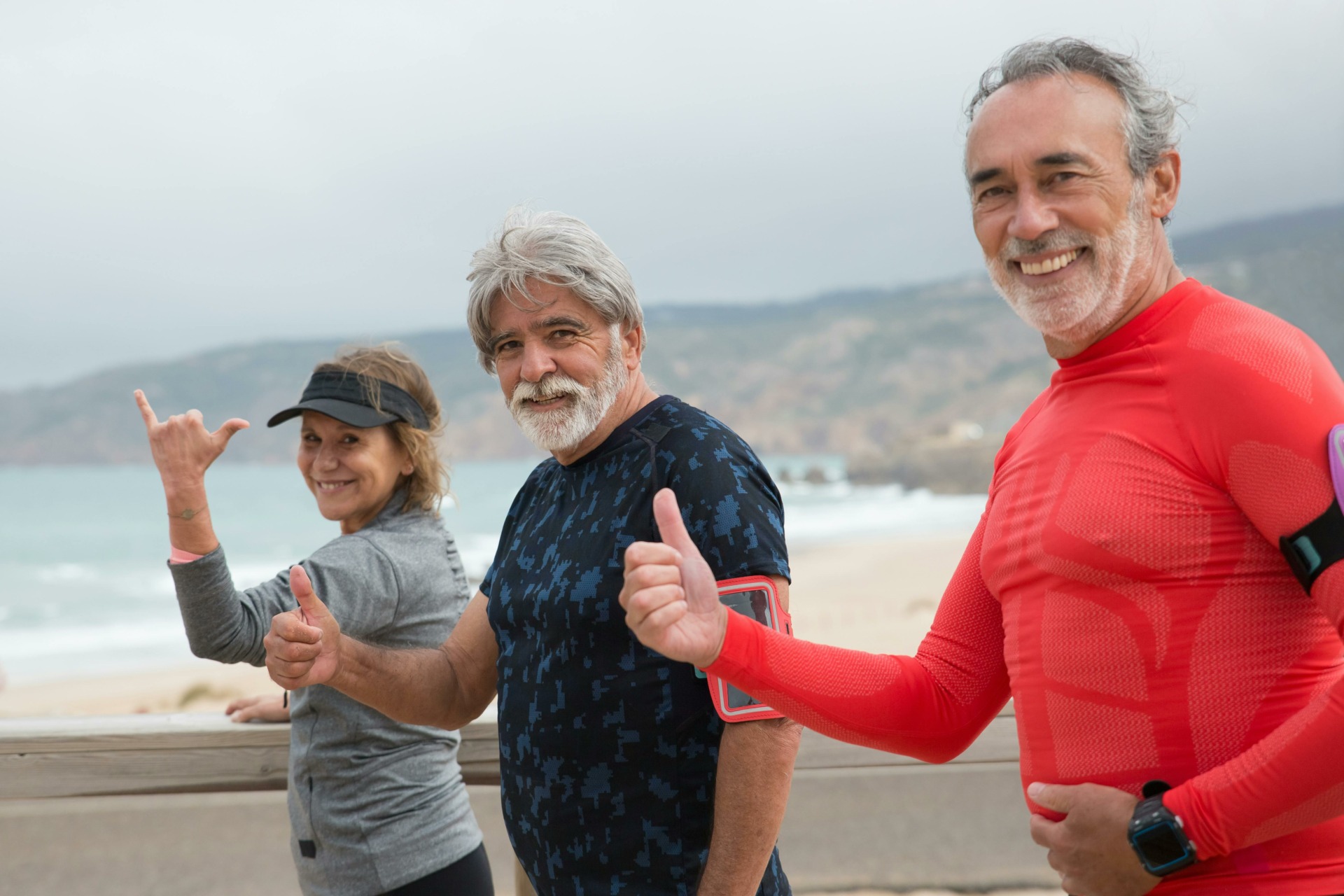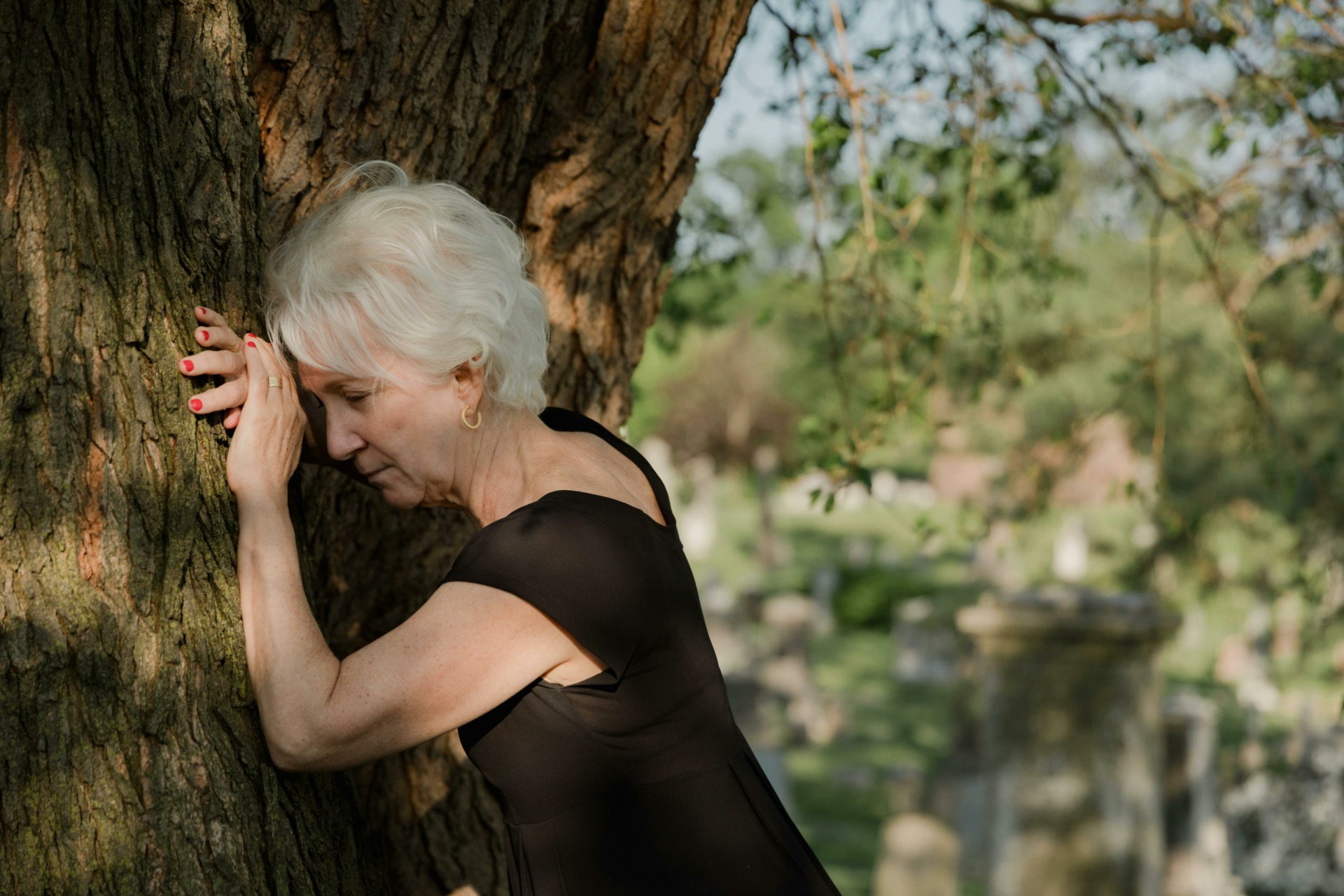Stress doesn’t retire just because we do. In fact, many people find that anxiety and emotional strain increase with age, especially during life transitions like retirement, health changes, or the loss of loved ones. The good news? There’s a simple, accessible, and powerful tool that can help: mindfulness and meditation.
You don’t need to sit cross-legged on a mountaintop or chant in Sanskrit to enjoy the benefits. With just a few minutes a day, mindfulness practices can reduce stress, ease anxiety, and bring a deeper sense of peace and clarity—no matter your age or background.
Let’s explore what mindfulness is, how it helps, and how to begin a practice that fits your life.
🧘♂️ What Is Mindfulness, Really?
At its core, mindfulness means being present—paying attention to the moment without judgment. That means noticing your thoughts, emotions, or body sensations as they are, without trying to change or fix them.
Meditation is one of the tools used to build mindfulness. It helps train the mind to be more aware and focused, which in turn reduces the mental clutter that fuels stress and anxiety.
You don’t need any special beliefs, flexibility, or experience to practice mindfulness. It’s not about “emptying your mind”—it’s about learning to observe your thoughts without letting them control you.
🌿 Benefits of Mindfulness and Meditation for Older Adults
As we age, stress can come from many places—health concerns, financial worries, isolation, or simply the fast pace of the world. A regular mindfulness practice helps buffer these stresses in powerful ways.
💖 1. Reduces Stress and Anxiety
Mindfulness teaches you to observe stressful thoughts without spiraling into them. Over time, this can lower cortisol (the stress hormone) and create a sense of calm.
🧠 2. Improves Memory and Focus
Meditation has been shown to sharpen cognitive function, improve attention, and slow down age-related memory decline.
😌 3. Promotes Better Sleep
Racing thoughts can interfere with falling and staying asleep. Mindfulness calms the mind and promotes deeper, more restful sleep.
❤️ 4. Enhances Emotional Resilience
Practicing mindfulness helps you respond instead of react to life’s challenges. You learn to approach problems with clarity instead of being overwhelmed by them.
🤝 5. Improves Connection and Compassion
Mindfulness helps you become more present with others, deepening relationships and reducing feelings of loneliness or disconnection.
🕰️ Common Myths That Stop People from Getting Started
Let’s bust a few myths:
- ❌ “I can’t meditate because my mind is too busy.”
✅ Everyone’s mind is busy. The goal isn’t to stop thinking—it’s to notice thoughts without getting caught up in them. - ❌ “I’m too old to start something new.”
✅ It’s never too late. In fact, many people discover mindfulness later in life and find it profoundly helpful. - ❌ “I don’t have time.”
✅ Just 5 minutes a day can make a difference.
🧘 Simple Mindfulness Practices You Can Try Today
You don’t need incense, silence, or a cushion (though they’re welcome if you like them!). Start where you are, with whatever time and space you have.
🌬️ 1. Mindful Breathing (2–5 minutes)
Sit comfortably. Breathe in slowly through your nose, and out through your mouth. Notice the sensation of air entering and leaving. When your mind wanders (and it will), gently bring your focus back to your breath.
Why it works: Activates your parasympathetic nervous system (rest and relax mode).
🧍 2. Body Scan (5–10 minutes)
Close your eyes and slowly move your attention from the top of your head to your toes. Notice any tension, warmth, or tingling—without judging it or trying to change it.
Why it works: Helps reconnect you with your body and reduce physical tension.
🚶 3. Mindful Walking
Take a slow walk. Focus on each step, the feeling of your feet touching the ground, the sounds around you, the sensation of wind or sun on your skin.
Why it works: Combines gentle movement with focused attention—great if sitting meditation isn’t your thing.
🥣 4. Mindful Eating
Choose one meal or snack a day to eat slowly and without distraction. Notice the texture, taste, smell, and colors of your food. Put your utensils down between bites.
Why it works: Helps prevent overeating and brings calm into a daily habit.
💭 5. Gratitude Reflection (2 minutes before bed)
Think of 3 things you’re grateful for—big or small. A warm cup of tea. A good conversation. A sunny afternoon.
Why it works: Shifts focus from stress to positivity, improving sleep and emotional well-being.
🧩 Apps and Tools to Help You Get Started
If you like guided support, there are excellent resources for older adults:
- Insight Timer (free, tons of meditations and calming music)
- Calm (gentle guides for sleep and anxiety)
- Headspace (great for beginners)
- YouTube Channels like “The Honest Guys” or “Meditative Mind”
You can also find local classes, especially through community centers or senior programs, which can add a social benefit too.
🌟 Final Thoughts: A Calmer Mind Is a Stronger Mind
Mindfulness and meditation aren’t about escaping life—they’re about learning to live fully in it, with clarity and calm. For older adults facing the stress of life transitions, health challenges, or emotional strain, a few quiet moments a day can make a real difference.
✨ Start small. Be kind to yourself. Keep practicing.
The benefits build over time, and you might just find that you feel more peaceful, more present, and more in control—one breath at a time.
Photo by RDNE Stock project: https://www.pexels.com/photo/an-elderly-woman-leaning-on-a-tree-trunk-8865109/


